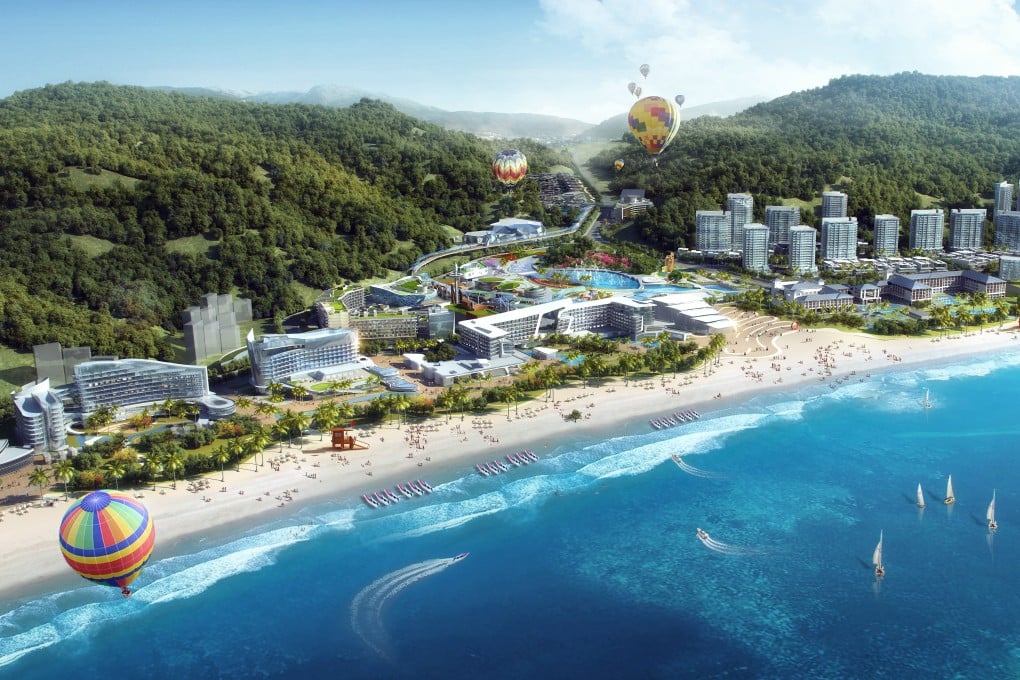Disney veteran plans to turn a profit at Shenzhen’s new theme park in first year
- Former Disney executive says Kaisa’s Golden Bay Resort will be turning a profit in its debut year, when operations begin from the summer of 2020

Next year’s planned opening of a theme park by Chinese developer Kaisa Group promises to be a major challenge for the former Disney executive tasked with overseeing the project, especially with an aggressive target of turning an operating profit within the first year.
Noble Coker, president of Kaisa International Resorts Group, says he looks forward to bringing the Golden Bay Resort into operation by the summer of 2020, even as he acknowledges doing so will be a major career challenge.
“People always ask how we are going to compete with Disneyland, and the answer is that we will not,” Coker said. “It is silly to think we can have a better product than something that has 60 years of experience. Instead, we are going to meet the needs that have not been met [by Disneyland].”
In an effort to avoid competing directly with Disneyland properties in Hong Kong and Shanghai, Coker said his vision for Golden Bay is to deliver a “weekend break” that enables city residents from around the region to enjoy a coastal getaway without having to travel abroad.
Among the core attractions of the park are themed activities designed for the whole family. These include an arctic experience, a water park, space simulation, an aquarium, theatres, a sports centre, and a special centre for children, grouped around five main pavilions on the site.
The 1.5 sq km site is located on the Dapeng Peninsula, along an eastern area of Shenzhen about an hour’s drive from the city’s downtown area.